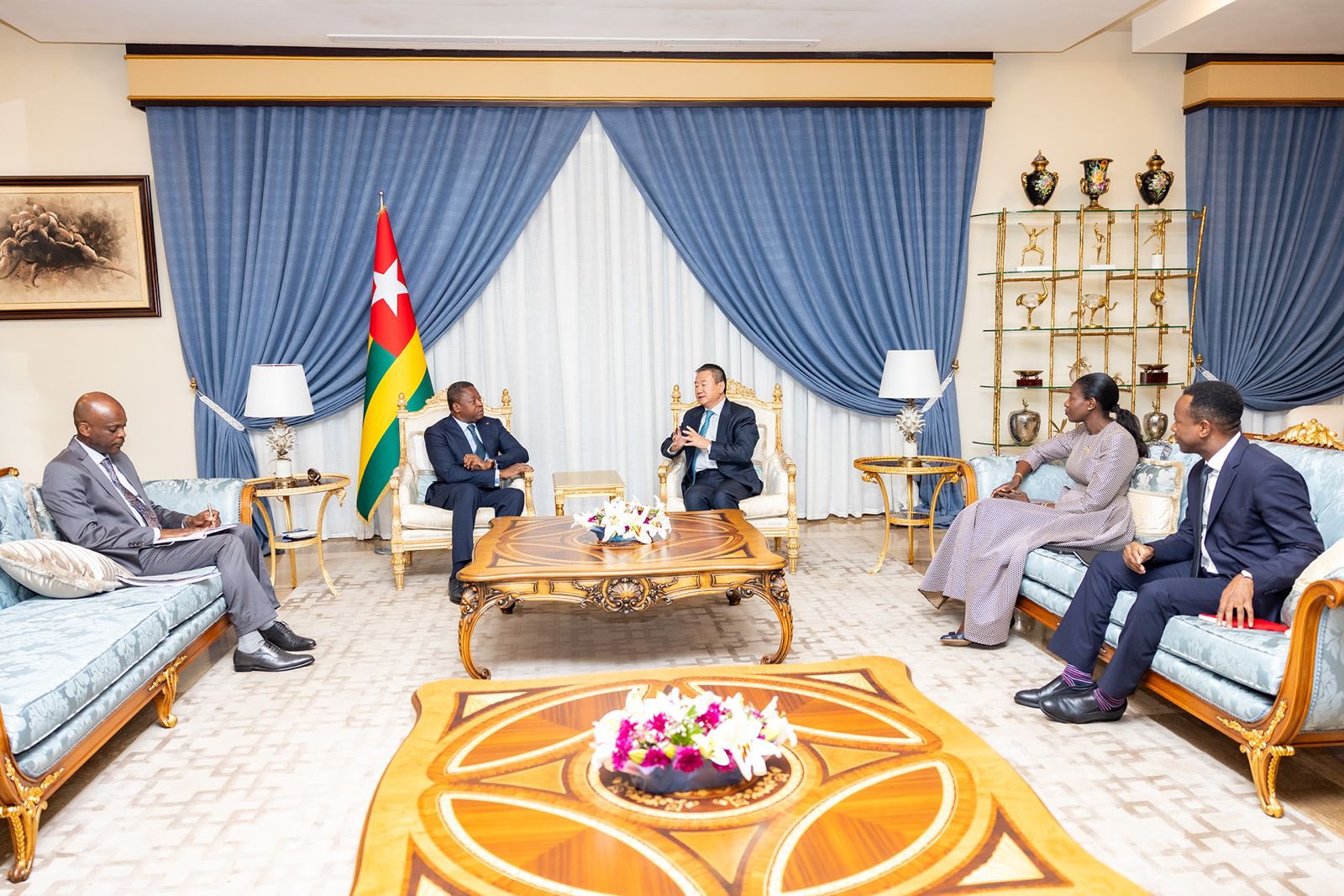Two weeks after being appointed by the African Union as mediator in the ongoing crisis between Rwanda and the Democratic Republic of Congo (DRC), Togolese President Faure Essozimna Gnassingbé continues to gather international support for his mission. On Thursday, April 24, the United Nations formally expressed its readiness to support Togo’s mediation efforts.
The announcement followed a meeting in Lomé between Mr Gnassingbé and Huang Xia, the UN Secretary-General’s Special Envoy for the Great Lakes Region. During the discussions, the envoy, who has held the post since January 2019, emphasized ongoing regional peace initiatives and affirmed the UN’s “full availability” to assist Togolese authorities in advancing peace and security in the region.
Since his designation, President Gnassingbé has launched a series of diplomatic engagements, traveling to Luanda, Kinshasa, Kigali, and Kampala to consult with key stakeholders in the regional conflict.
However, the decision to entrust Togo with such a high-stakes diplomatic role has drawn criticism from several opposition parties and civil society organizations within the country. Critics have pointed to unresolved domestic political tensions, particularly following recent constitutional changes that potentially allow President Gnassingbé to remain in power indefinitely. Under the previous legal framework, his presidencial term would have ended in 2030 if re-elected.
While international actors have welcomed Togo’s involvement on the continental stage, the internal dissent raises questions about the country’s credibility as a neutral mediator in a major regional conflict.
The UN backs Togolese president’s mediation role despite internal criticism



